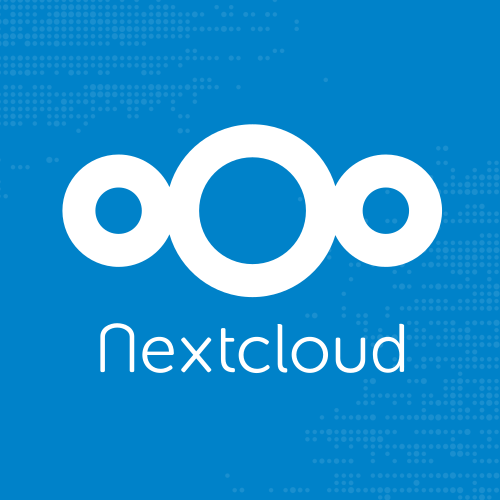I’m planning to set up Nextcloud server for personal use but I never did anything similar so I have 2 questions:
- Is there a way to turn on server remotely? I don’t want to have it turned on all the time because I don’t need that and I want to reduce power usage.
- Can I access my Nextcloud from anywhere or do I need to be connected to the same wi-fi or something similar to that?
These are probably trivial questions but again I don’t have any experience with stuff like this.
-
Will depend more on your os/hardware. You could probably turn it off and set it to wake up at a certain time each day with a cron job.
-
Yes, will depend on how you setup access, either port forwarding or by running some sort of reverse proxy to make it available on a domain name.
-
I’ve been running a NC server for a couple of years now.
- This is more complicated than it sounds - if you leave the server in sleep mode it may be possible to wake it with a “magic packet” ping, which comes with a new layer of complexity if you want it to be automated. I gave up in the end and just leave mine running - the little power draw to keep the little PC on seemed worth the trouble saved.
- You can access it from anywhere if you have the server open to the internet. ( ie port forwarding through your router) . This gives you just a raw IP address on the open-side ( http://123.456.12.34 for example) which has all sorts of problems from technical to security: many services won’t work with just an IP address, and without https protocol your connection is vulnerable to malicious activity. I started with just a raw IP address, but after some time shelled out for a domain name (10EUR/yr). This allowed me to access all services like music streaming, and to install security certs for proper https.
It sounds like a lot, but you can incrementally upgrade your system step by step and learn as you go.
You can get a free DNS name with services like dyndns as well. Especially handy if you have a dynamic IP.
1.1 Get low power PC and leave it on all the time. Raspberry pi probably drains around 5W or less on idle, while Intel NUC should be around 10W. My DIY server uses 25W (~25€ a year in my country)
1.2 Set time schedule in your bios so PC will be on when you decide
1.3 set up Wake on Lan if you have another device always online that can wake up your server
2.1 setup VPN and use it just like you are on the same Wifi
2.2 expose nextcloud to public intetnet
I went with 1.1 and 2.1, but there might be more options that I didnt mention here
For the second question, you can use for example duckdns.org it’s free and it works well
Before you use it I urge you to read this: https://lemmy.world/comment/346174



